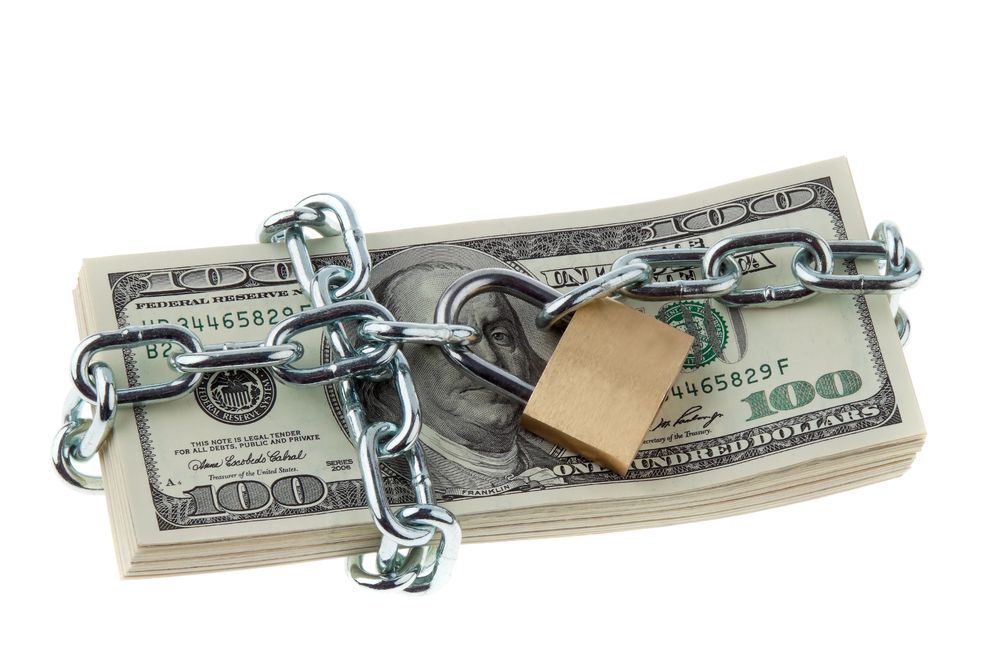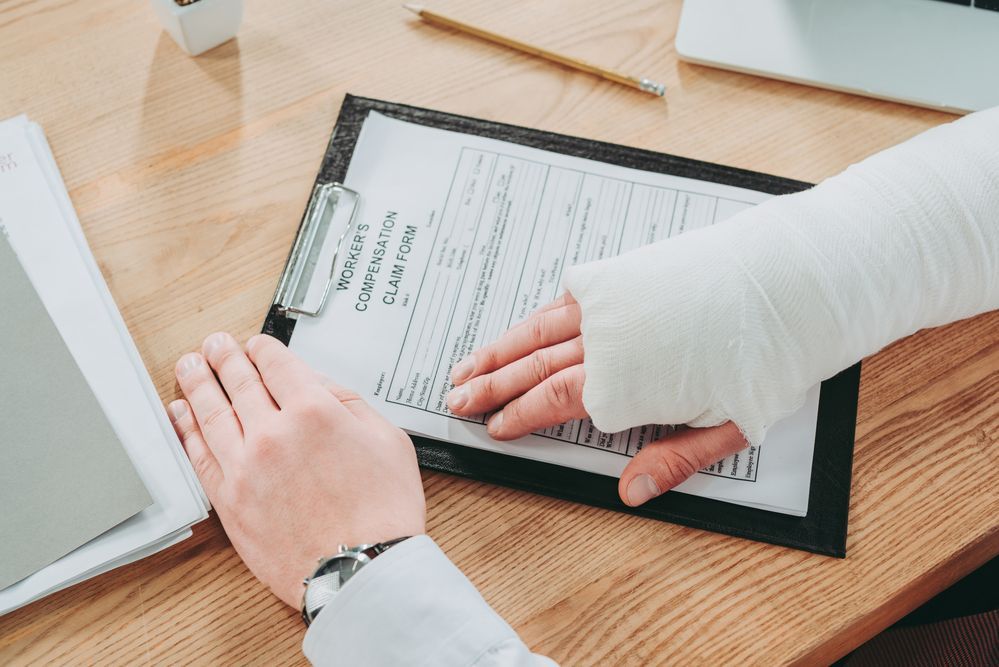How Do You Handle a Bankruptcy During a Divorce?
Going through a divorce is an incredibly stressful period in your life. Adding bankruptcy on top of that can make it even more physically and emotionally draining. Although they are mostly separate, the two are more closely related than you might think, as many couples have cited divorce as one of the main reasons for their bankruptcy filing.
But with proper planning and the right guidance from your divorce attorney, filing for bankruptcy can prove beneficial during the divorce process. That is because debt settlement is often a point of contention during property distribution. Filing for bankruptcy at the right time can eliminate some of those debts, making the
divorce process less complicated and more cost-effective.
What Happens to Debt During Divorce Proceedings?
Spousal debt is usually distributed between both parties along with their assets during property distribution. In Texas, the courts follow the equitable distribution principle, which means debt is not distributed equally. Rather, it is divided between both parties depending on several factors.
For instance, if debt was incurred to acquire a jointly owned property, then repayment for that debt would be equally divided between spouses. But if the debt was acquired for reasons unrelated to the marriage, such as a gambling problem or an addiction, then the party responsible for the debt should receive a greater share.
Should You File for Bankruptcy During a Divorce?
It is not recommended to file for bankruptcy while going through a divorce to avoid complications when the two processes overlap. If divorce proceedings are going on and one party decides to file for bankruptcy, the court suspends the process to make way for the bankruptcy proceedings until they are completed.
While bankruptcy proceedings are ongoing, divorce proceedings will not move forward simply because both cases impact each other significantly. For instance, filing for either Chapter 7 or Chapter 13 bankruptcy grants an automatic stay, which puts a freeze on your assets and properties while also stopping creditors from contacting you and demanding payment. Once the stay is in place, the bankruptcy court will then sort out your debts and assets that can be used to cover those debts.
In cases where there is overlap, the suspension of assets and liabilities can still stall divorce proceedings owing to the fact that a large part of this process entails splitting up assets and debts between the parties involved. This means that the judge overseeing the divorce will be unable to split your assets until the bankruptcy case is concluded. Furthermore, alimony and child support issues in your divorce can slow down your bankruptcy case, which further stalls the entire process.
When Is It Ideal to File for Bankruptcy?
Deciding whether to take care of your divorce first or your bankruptcy is ultimately up to you. However, there are several considerations that you can make to help you decide.
If you and your spouse are on amicable terms, filing a joint petition for Chapter 7 bankruptcy while you’re still married is more efficient in terms of reducing the amount of debt to be settled later on and the legal fees that you have to pay for filing. You can eliminate qualifying debts like credit card balances and personal loans, eliminate lengthy contracts that you no longer afford, and increase your exemption amounts to
protect more property. In some cases, it can make more sense to file individually, especially if one spouse needs immediate protection from bankruptcy. But overall, many couples have found that joint filing streamlines the divorce process later on.
Other couples find that filing for bankruptcy is more manageable after the divorce is finalized, mainly because of the mutual drop in income afterward. Make sure to talk with your divorce attorney to know more about your options after the divorce is settled.
Should You File Chapter 7 or Chapter 13 Bankruptcy?
For spouses who are going through or are about to go through a divorce, filing for Chapter 7 bankruptcy makes more sense. That is because Chapter 7 involves the elimination of unsecured debts such as credit card debt, personal loans, and medical bills. Filing for Chapter 7 bankruptcy can be completed relatively quickly as you can receive a discharge in as early as a few months from filing.
In contrast, Chapter 13 bankruptcy involves creating and following a repayment plan for the elimination of debt. The entire process could last between three to five years. When filing as a married couple, both spouses will be required to follow the three-to-five-year repayment plan. No divorce attorney would recommend the Chapter 13 process for couples who are filing for divorce mainly because of the sheer amount of time required to complete the process.
Seek the Help of a Trusted Divorce Attorney
Divorce and bankruptcy both offer a fresh start. But being faced with both can be overwhelming and incredibly stressful. That is why it is vital that you seek the assistance of a trusted divorce attorney to help you create a plan and make the entire process as seamless as possible.










